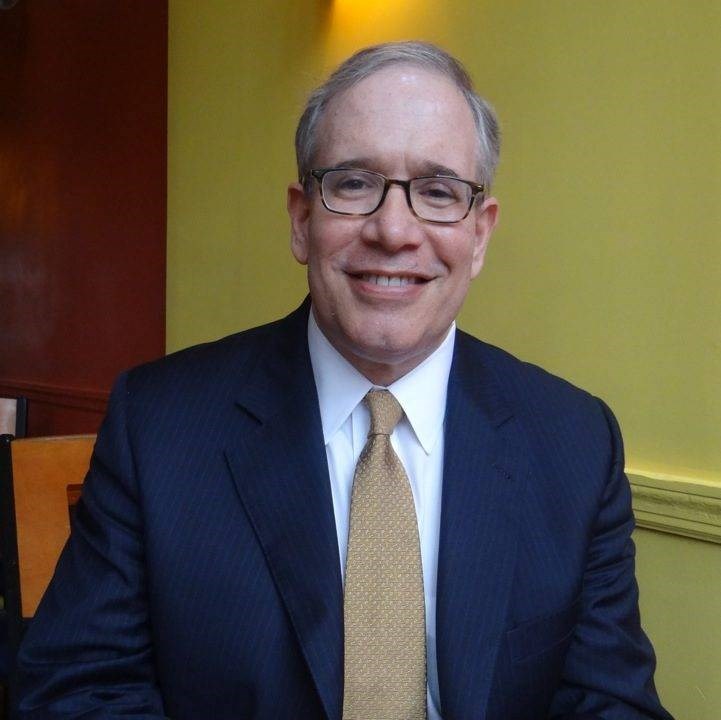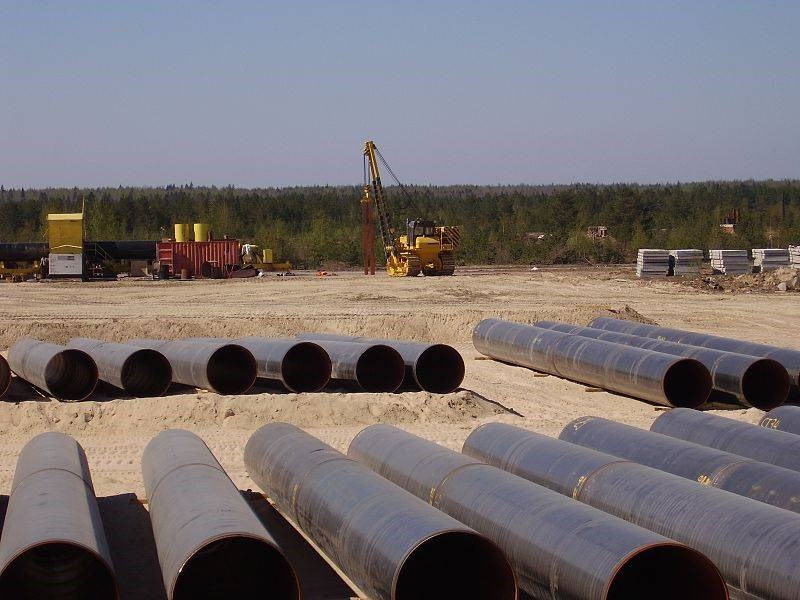Don't let the Williams Pipeline be brought back from the dead.
That's the message Brooklyn and New York City activists and leaders have for the federal government, which is right now considering a request from energy company Williams to resuscitate its Transco Northeast Supply Enhancement Pipeline.
The Oklahoma-based company wants to run the controversial pipeline through Pennsylvania and New Jersey, under the waters off Staten Island, Brooklyn, and the Rockaways before connecting to an existing pipeline system off Long Island.
In May last year New York state rejected a vital permit for the pipeline after strong grassroots opposition, and its opponents celebrated the win.
But less than a year later, Williams is back, and this time it's taking its requests to the federal government. On March 19, Transco requested a two-year extension from the Federal Energy Regulatory Commission to build the pipeline and get it in service, activists said.
A total of 27 city and state elected leaders have signed a letter urging commissioners to reject the request.
Signees include New York City Comptroller Scott M. Stringer and Brooklyn electeds: New York State Senators Jabari Brisport, Andrew Gounardes, Jessica Ramos, Julia Salazar and New York City Council Member Carlina Rivera.
"This fossil fuel infrastructure risks damage to many of New York's most precious habitats and natural assets, including New York Harbor, Jamaica Bay, and the Rockaways beaches. We cannot allow that to happen," Stringer said.
"It's time for the FERC to once and for all reject Williams' repeated attempts to delay, obfuscate, and resurrect this proposal."

When rejecting the pipeline last year, the New York State Department of Environmental Conservation (NYSDEC) said it believed the pipeline would have an unacceptable negative impact on water quality, and that its construction threatened marine life.
"New York is not prepared to sacrifice the State's water quality for a project that is not only environmentally harmful but also unnecessary to meet New York's energy needs," NYSDEC spokesperson Erica Ringewald said in a statement at the time.
The pipeline was also incompatible with the state's goal to reduce emissions by 85 percent from 1990 levels by 2050.
"Despite the Williams Companies' failure to meet necessary water quality certification requirements set forth by the Department of Environmental Conservation three separate times, they have once again stated their intent to push through this massively damaging project," Council Member Carlina Rivera said.
"We've made bold climate promises to New Yorkers, and it is our responsibility to go above and beyond to uphold those promises. This pipeline proposal is antithetical to our environmental efforts, and regulatory authorities must once again deny these permits."

In their letter to the federal commission, local electeds called the pipeline project "obsolete" and said it "no longer serves the public interest."
It added that New Yorkers were looking forward to a future with renewable alternatives to fracked gas, and were opposed to infrastrucuture that furthers environmental racism.
"BIPOC communities across New York City were some of the hardest hit by COVID-19 in part because of health impacts from decades of fossil fuel pollution.
"We will not allow the racist legacy of environmental and climate injustice to continue by building infrastructure that will increase the amount of polluting fracked gas in our city."
The news comes as Brooklyn residents continue to fight National Grid on a pipeline that would carry fracked natural gas through Brownsville, Bed-Stuy, Bushwick and Williamsburg, ending at its facility in Greenpoint.




